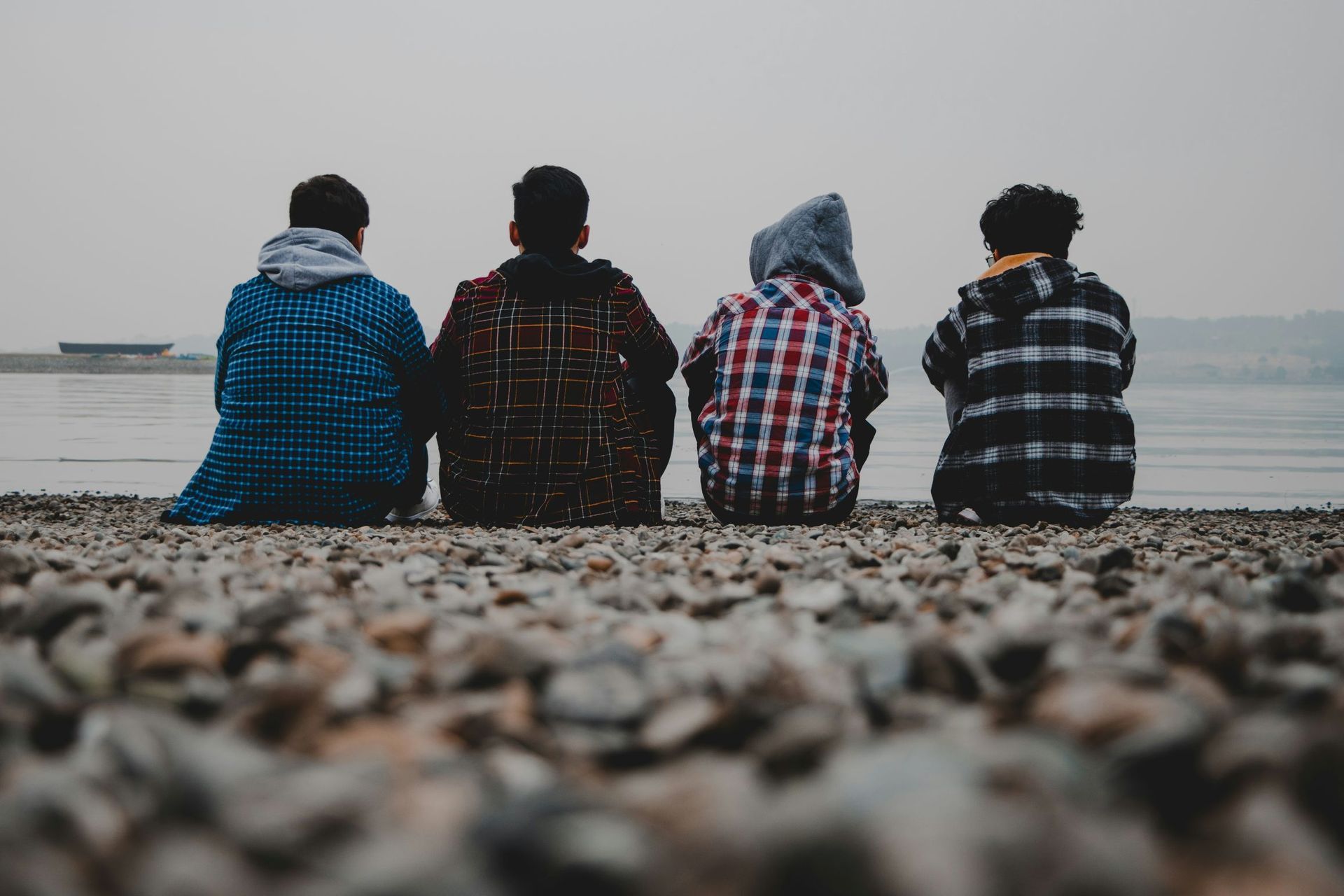Navigating Statutory Rape Charges: What Every Victim Should Know
When you think about statutory rape, you probably imagine a scenario like this: A teenage girl, who is under the age of 16, is home alone with her older boyfriend. The boyfriend is kissing her and things are getting heated. Just then, the girl’s father walks through the door. He assumes that there’s something more sinister going on. He calls the police who arrive at the house and arrest the boyfriend. He then spends the night in jail until their court appearance the next morning. Sounds crazy? That scenario happens quite often when it comes to statutory rape charges because many state laws surrounding youth and sex are unclear or outdated. In many cases, statutory rape laws are applied irrationally and unfairly against young people who might not understand that what they’re doing is against the law. Fortunately, statutory rape laws can be amended or repealed if enough people raise their voices against them. This article covers everything you need to know about statutory rape charges as well as some effective strategies for navigating them if you find yourself accused of this crime one day.
What is Statutory Rape?
Statutory rape is the crime of engaging in sexual intercourse with someone who is below a certain age. For example, in Texas, when an individual engages in sexual intercourse with a minor (under age 17), they are committing the crime of statutory rape. In most states, the legal age for consenting to sex is
16 years old but there are some exceptions. If you’re accused of statutory rape, you should consult with a criminal defense attorney immediately because your case could be different depending on your state’s laws.
Statutory Rape Laws Vary by State
Statutory rape laws vary from
state to state. What counts as sexual intercourse for an older person might not count for a younger person, and vice versa. A lot of states also have different degrees of statutory rape charges depending on the age of the accuser and the accused. For example, in many states, someone under the age of 16 can't be charged with statutory rape unless they're over 13 years old. In some states, it's up to the victim's age if they can be charged with statutory rape or not. Girls are often targeted more often than boys because of ignorance and stereotypes about female sexuality. Many girls fail to understand that what they’re doing is against the law until it’s too late, but boys are taken more seriously by law enforcement than girls. This means that in cases where a girl is accusing a boy of statutory rape, he’ll probably get charged sooner and harder than she would have if they both had been accused of committing the crime themselves instead of just her accusing him.
Why Does Statutory Rape Happen?
Statutory rape is often misunderstood. Your age, sex, and status as an adult does not determine whether or not you can be charged with statutory rape. Statutory rape is a crime that happens when someone over the age of consent has sexual contact with someone under the age of consent. The age at which the law starts applying to you depends on your state but in most states, it’s between 13-16 years old. There are different legal definitions for statutory rape depending on what type of sexual contact is involved. Some states consider any making out as statutory rape no matter who initiates it while other states consider any sexual activity illegal if one party is under the age of consent (even though these states might consider some acts consensual). Other states don't take into account the act's severity but apply stricter penalties based on how much force was used during the act or if there was penetration involved.
Statutory Rape Charges: Legal Concepts You Need to Know
First, let's start by defining what statutory rape is. Statutory rape is when someone over the age of consent has sex with another person under the age of consent. In most states, that means a person who’s 16 or 17 years old can legally have sex with anyone older than 18 years old because those teens are considered to be able to consent to sexual activity. Besides consent, there are other major legal concepts you should know if you’re facing statutory rape charges. First and foremost, both parties must be above the age of consent for the sexual activity in question. This means if you're an adult and have sex with a minor younger than you, you might already be facing charges because even though that individual consented to the act, they were too young to give their informed consent. It's also important to note that if it was discovered that the individual had been abused or coerced into having sex, it doesn't matter how much they may have consented—it's still considered a crime. In addition to this information about age, there are some other things you need to know about statutory rape charges, the law enforcement process, and what happens during your trial. First off, police officers will often arrest both parties involved in a case without doing any further investigation as soon as they discover evidence of suspicious activity outside of your home (like bruises on your partner). They'll then take both parties into custody and bring them into court the next morning.
Defending Against a Statutory Rape Charge
If you’re accused of statutory rape and you’re confused about your legal rights, there are a few things that you should know. For example, many states have laws that permit people who are under the age of consent to have sex as long as they can prove some kind of affirmative defense. Another common affirmative defense is that the accused is below the age of consent. If you’ve been accused of statutory rape, it’s important to speak with an attorney and find out what defenses exist in your case. As far as defending yourself against a charge goes, one approach is to go on the offense. You might be better off getting in touch with someone who has already dealt with a similar issue to see what they did to defend themselves against it or how they handled their case during sentencing or negotiations.
Statutory Rape and You: Final Words of Advice
The main takeaway from this article is that you should always trust your instincts. If you feel like something isn’t right, don’t be afraid to speak up and ask for help. There are a lot of resources out there for women and men who find themselves in a situation where they’ve been accused of statutory rape or child molestation. The first step is to seek legal counsel. You could also contact organizations like RAINN or the National Sexual Assault Hotline for support and guidance. They might not be able to help you with criminal charges, but they can still provide important advice on how to navigate the legal system as well as offer other services that can help you during your time of need.
If you are in need of legal guidance in Orlando, Florida for your case, reach out to
Hanlon Law. We will be able to assist you during this time and inform you of your rights. To learn more about how we can help,
visit our website.












